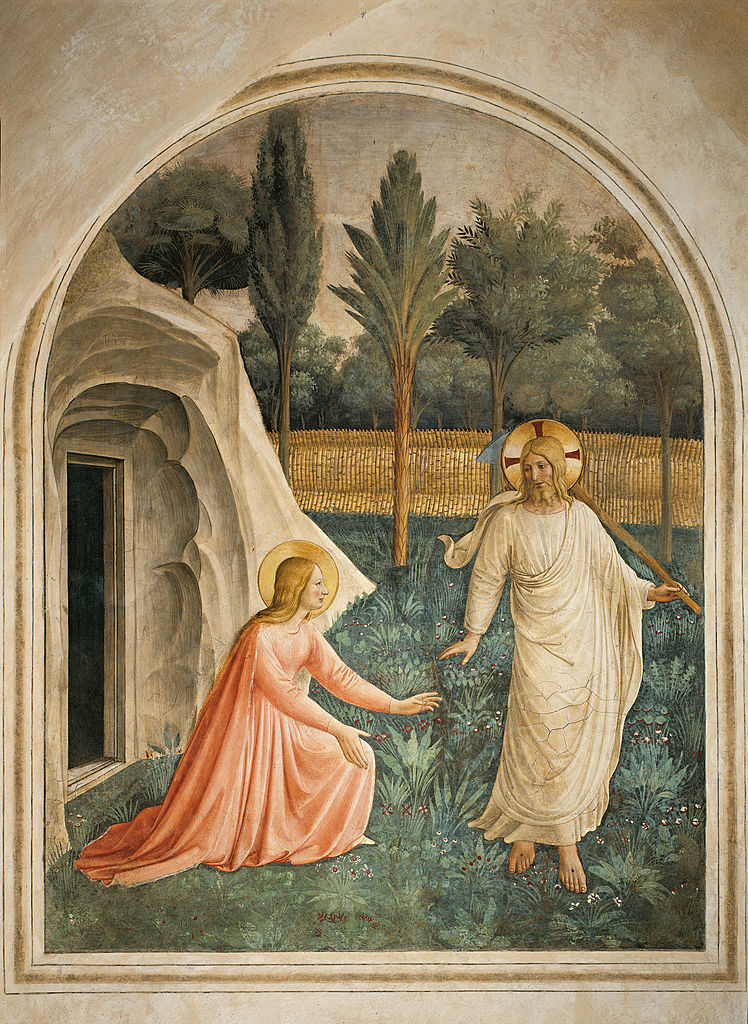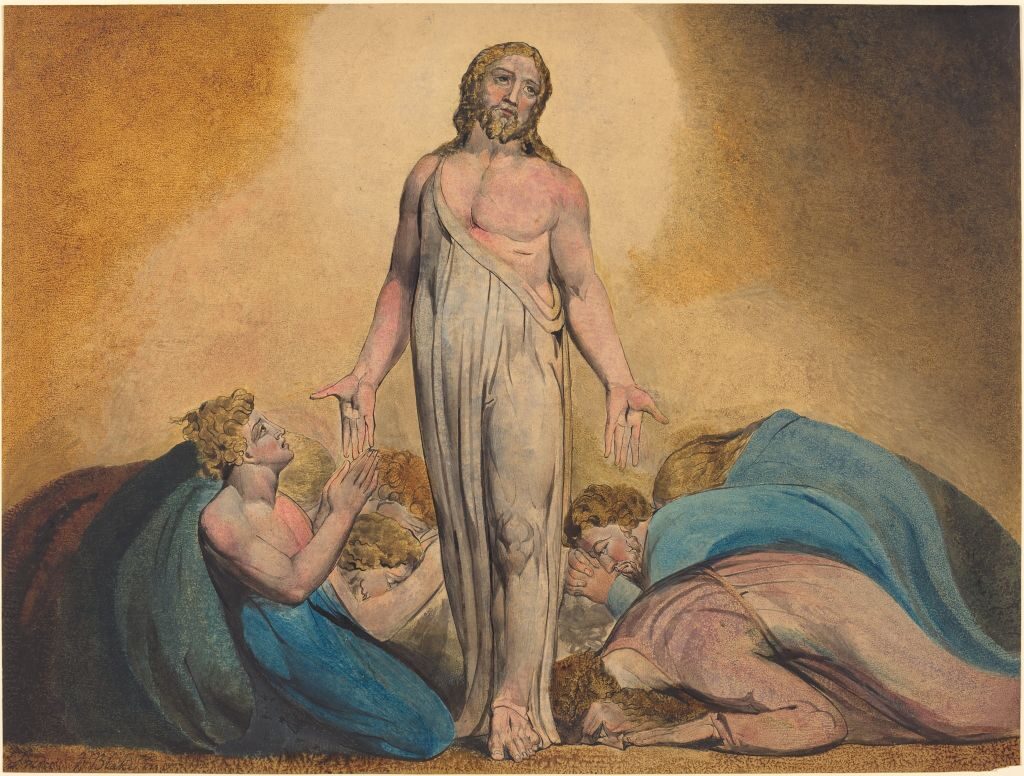
“There is therefore now no condemnation for those who are in Christ Jesus.”—Romans 8:1 (ESV).
Christians celebrate Easter today, marking what their faith considers the turning point of history: that Jesus Christ paid the penalty for sin by his death on a cross on Good Friday, and God showed that this sacrifice forever justified those who believe by raising Jesus from the dead, highlighting a historical debate of a “trilemma” over a question Jesus asked 2,000 years ago.
This cornerstone of the Christian faith is distinctive amongst the world’s religions. Christianity teaches that a human being is reconciled to his creator and made ready for eternity not on the basis of that person’s efforts or the mastery of mysterious secrets, but by a childlike embrace of believing as a historical fact that Jesus of Nazareth was bodily resurrected and lives forever, repenting of living for themselves and turning to God for mercy.
Christianity is also distinctive among major religions in that its founder claimed to be divine, God himself who took on human form, instead of a messenger of God. Jesus’ moral teachings are intertwined with his claim to have divine authority over all humanity, to set forth the laws that govern every person, and that at the end of human history there would come a day when he would be the divine judge of every person.
While many cite Jesus as a great moral teacher or religious philosopher, the claim of a physical resurrection presents what Christian apologists call a “trilemma:” Jesus claimed to be God himself, the divine Son of God the Father, leading countless people to suffer persecution and even death as a result, in addition to his own execution on Good Friday. Jesus’ claim of being the divine equal of God the Father – and to be “One with the Father” – is what ultimately led to his death.

Noli me tangere, fresco by Guido di Pietro (Piero) known as Beato Angelico, 1438 – 1446 about, 15th Century. Jesus Christ risen Mary Magdalene tomb grass garden trees. (GettyArchive)
The first option of the trilemma is that if Jesus was not who he claimed to be, then he was off-the-charts insane by thinking that he had existed from eternity past, that through him the entire universe was created, and was during his earthly life the Almighty deity, with power over the wind and waves, power to multiple food from bread and fish to feed thousands, and power to heal the sick and even raise the dead to life. If someone believes that and it happens not to be true, then that person is a lunatic.
The second option of the trilemma is that if a man claims to be God when he knows he is not, and leads multitudes of well-meaning people to suffer all manner of loss – including for some even death – to follow him, calling on people to leave everything to become his disciples, then that man is not a great moral teacher. Instead, he is a sadistic liar.
The third option of the trilemma is that Jesus is who he actually claimed to be. Christians say that God proved this by raising Jesus from the dead on Easter Sunday.
So the “trilemma” that Christian evangelists talk about is that Jesus was either a “lunatic, liar, or Lord.” Christians obviously argue for the third choice, and have for more 2,000 years.
At a time when the moral teachings of the Bible are increasingly rejected – and increasingly reviled in a militant fashion that imposes real costs on Christians who attempt to be faithful – touting Jesus as a moral philosopher and affiliating with a church becomes an increasingly risky proposition. As a consequence, more people are facing that trilemma, attempting to answer the question that Jesus posed to the Apostle Peter at Caesarea Philippi in Matthew 16:15, “But who do you say that I am?”
Peter responded with his famous reply in the Bible in Matthew 16:16, “You are the Christ, the Son of the living God.” Peter spent the next 30 years of his life suffering for teaching what he believed, and was ultimately executed for it. Countless others have done likewise in the 20 centuries since then.
Peter did so because of the hope in his own resurrection one day that another apostle, Paul, would later write in Romans 8:11, “If the Spirit of him who raised Jesus from the dead dwells in you, he who raised Christ Jesus from the dead will also give life to your mortal bodies.”

Christ Appearing to His Disciples After the Resurrection, circa 1795. Artist William Blake. (Heritage Art/Heritage Images via Getty)
Because of Paul’s belief, he gave us a respected position in Jewish society for a lifetime of persecution and deprivation as he spread the gospel about Jesus, and like Peter was ultimately executed for it.
At a time when holding a middle ground regarding Christianity is become untenable for many, debates intensify over Jesus’ question, “But who do you say that I am?”
“Christ the sure and steady anchor, as we face the wave of death; when these trials give way to glory, as we draw our final breath. We will cross that great horizon, clouds behind and life secure; and the calm will be the better for the storms that we endure. Christ, the shore of our salvation, ever faithful, ever true; we will hold fast to the anchor, it shall never be removed.”—Matt Boswell, Christ the Sure and Steady Anchor (2015)
Breitbart News senior legal contributor Ken Klukowski is a lawyer who served in the White House and Justice Department.




